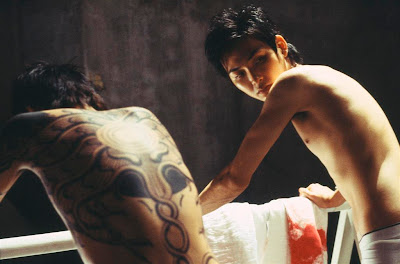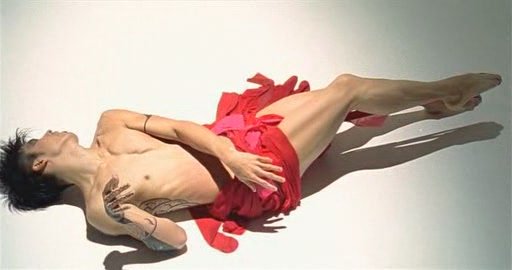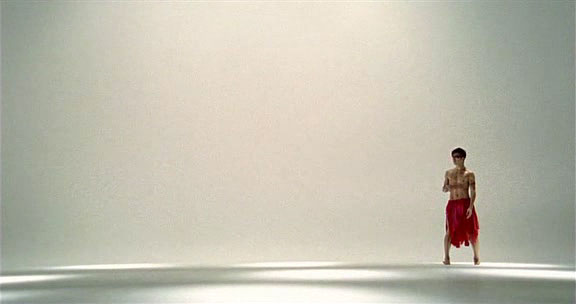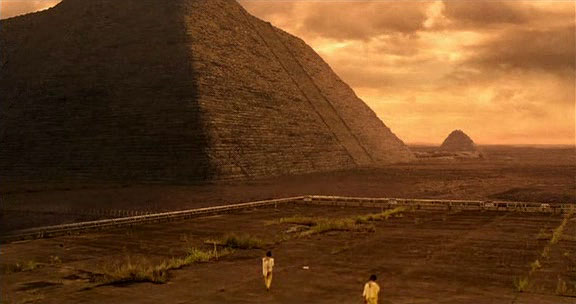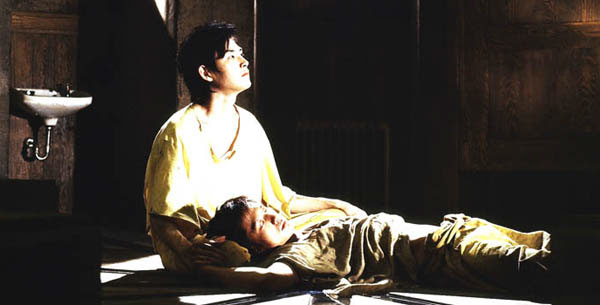My comment was, if you go back and read carefully, AS FAR AS I KNOW the country hasn't produced a major writer or filmmaker in the last four decades.
Here are some major filmmakers: Kurosawa, Ozu, Naruse, Mizoguchi, Imamura. If you think the filmmakers you mention are major - though I concede that my not counting Miyazaki as major is due to a bias against animation more than anything else - your definition of what constitutes major is somewhat looser than mine. Miike Takashi? "Beat" Takeshi? Either you are hopping insane or your humor is too subtle for me, my good man or woman. Frankly, I'm surprised that with forty years to play with your list is so loaded with filmmakers who appeared in the last twenty. Fetch further back and you might come across, say Itami Juzo, who's certainly a hell of a lot worthier of your consideration than Misters Miike and Kitano.
So how many Miike Takashi films have you seen? How many do you understand? It's easy to resort to an ossified film canon and received cinematic wisdom, but, yes, Miike Takashi, on par with Mizoguchi as the greatest of Japanese filmmakers. And if you think I'm speaking as a Miike Takashi "fanboy/girl" or someone who's into ultraviolent cinema, you are grossly mistaken. It's his command of the cinematic image and frame and the depth of Buddhist philosophy in his films that I admire. Certainly greater than Ozu, Naruse, Imamura, Masumura. Imamura but no mention of Oshima? I would put Kitano on the same level as Kurosawa, below the previous names. Itami certainly a master, probably in the same league as Kitano and Kurosawa. Why no Wakamatsu? Probably only second to Miike and Mizoguchi. I don't know how you can say my definition is looser when you resort to fossilized, unimaginative notions of what constitutes a major filmmaker. Do you want more names in the last forty years? Terayama, Yoshida, Akio, Takahata, Suzuki, Fukasaku, Ogawa, Kawamoto, Okamoto. All major, all on par with your paltry roster.
I've always admired your posts on this forum, and I bow to your taste and knowledge in literature, but not to your taste and knowledge in film. All the directors I have mentioned are "earthshaking" cinematic talents, and I stand by that. Like I said, you don't seem to know anything about cinema, especially given the names that you rolled out. A layman's list. A safe list. "Bias against animation" says it all.
Anyway, this is a literature board and I go on here to expand my knowledge of books. There are better people to talk to out there about cinema.
Last edited:



